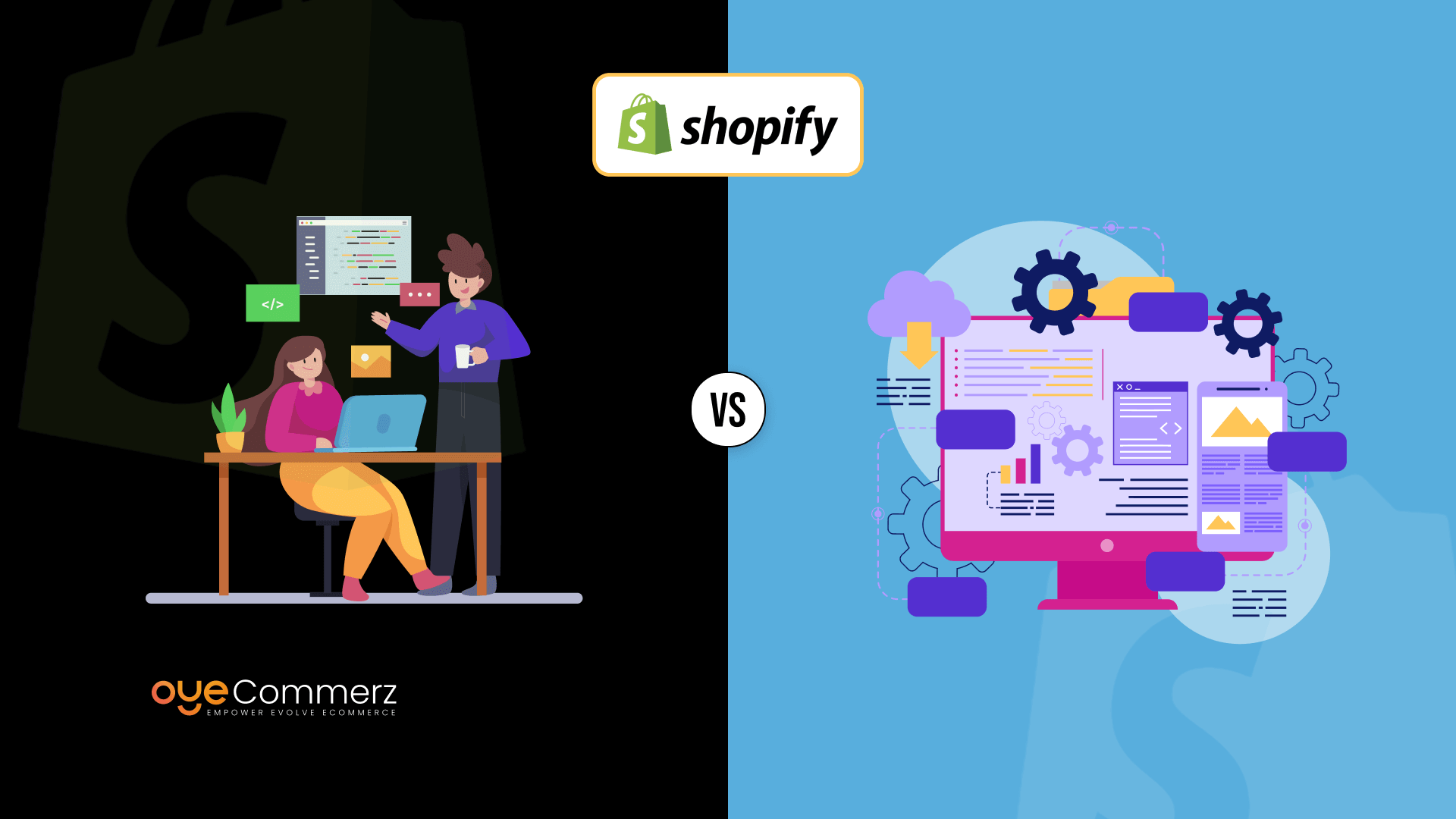Introduction
In the current cutthroat e-commerce landscape, standing out is paramount, and one of the best ways to set apart a Shopify store is through tailored app creation. A robust Shopify app can boost store capabilities, simplify processes, and boost customer engagement. This guide delves into key aspects of Shopify app development, from API integration to scaling strategies and digital marketing approaches, offering a roadmap for companies seeking unmatched store efficiency.
The Importance of Shopify API Integration
Shopify’s API offers robust tools to customize and extend store functionalities. With the GraphQL and REST API options, developers can access data to create apps that manage inventory management, order processing, and customer data management smoothly. Using Shopify’s API can enable improved workflow automation and allows stores to assist shoppers more efficiently.
Utilizing the Polaris Design System
Shopify’s Polaris is Shopify's set of design guidelines for designing user-friendly and easy-to-use Shopify apps. By following Polaris principles, developers guarantee that apps seamlessly integrate within the Shopify Admin interface. This provides a cohesive look and feel that resonates with Shopify merchants, promoting usability and comfort for merchants utilizing your custom app.
Understanding the Shopify App Ecosystem
The Shopify app ecosystem offers endless possibilities for enhancing e-commerce sites. From managing fulfillment processes to boosting customer engagement, apps in this environment are tailored to meet diverse business needs. Learning about this ecosystem assists developers in identifying unique app ideas and enables seamless integration of third-party services that enhance the store.
Building Embedded Shopify Apps
Embedded apps work seamlessly within the Shopify Admin, providing a smooth interface for merchants. They ensure that merchants do not need to leave their Shopify control panel, simplifying their process. Employing Shopify App Bridge and embedded app capabilities is recommended for providing a unified, integrated user experience.
Using Node.js and React for Shopify Apps
Node.js and React have emerged as ideal tools for Shopify app creation. This server-side framework enables Get started with Shopify apps efficient back-end services, while React enables interactive and adaptive front-end user interfaces. Together, they provide an strong platform for building fast, growth-ready Shopify apps that improve store performance and customer interaction.
Utilizing Webhooks in Shopify Development
Webhooks enable instant data updates between Shopify and an external app. They initiate events such as new orders or inventory updates and provide immediate alerts to your app. By utilizing webhooks, apps can provide up-to-date information to store owners, streamlining workflows and increasing efficiency.
Customer Engagement and Digital Marketing for Shopify Apps
To ensure Shopify app success, engaging customers is key. Using digital marketing strategies like SEO, email marketing, and social outreach can increase app usage. Additionally, creating applications with customer interaction as a focus (e.g., loyalty programs or personalized suggestions) increases user retention and satisfaction.
Making Your Shopify App Scalable
As e-commerce stores expand, so do their technological needs. Ensuring that your app can scale to handle increased traffic, larger databases, and more complex functionalities Shopify apps by Oyecommerz is essential. By optimizing server capacity and using scalable technologies, you can develop apps that grow in tandem with a store’s growth.
Essential Features and Maintenance for Shopify Apps
For an app to be effective, it should include key capabilities like user login, analytics dashboard, and customer support options. Regular app upkeep, with updates to fix bugs and compatibility checks with new Shopify features, is important to maintain uninterrupted performance and avoid interruptions to business processes.
Summary
Custom Shopify app development holds vast potential for e-commerce stores, offering the chance to improve store functionality, streamline processes, and foster customer loyalty. From integrating APIs to ensuring scalability and customer interaction, building a Shopify app involves thoughtful preparation and strategic execution. If you’re prepared to unlock your store’s full potential, a tailored Shopify application may be the ideal solution. What capabilities do you see for your ideal app? Share your ideas and begin the journey to an enhanced e-commerce experience!

Comments on “Empower Your Online Store: Custom App Development for Shopify for Unmatched Store Performance”